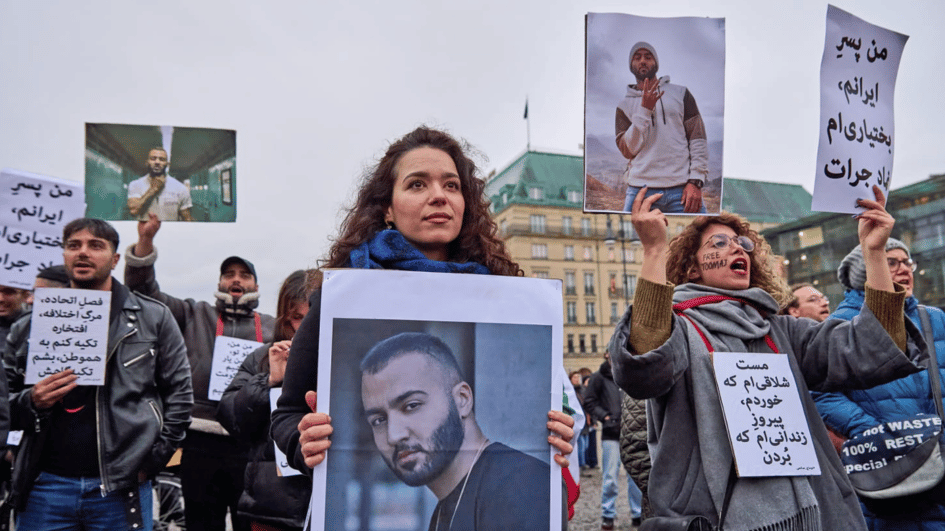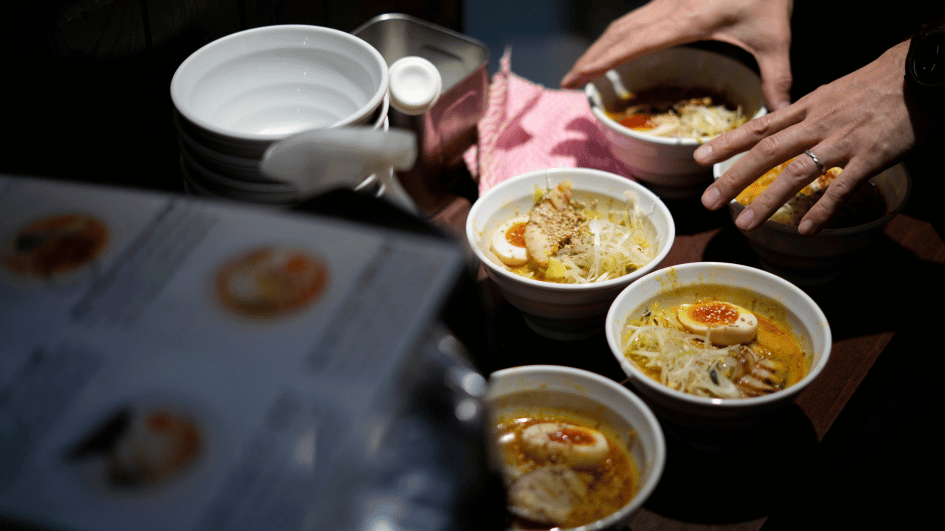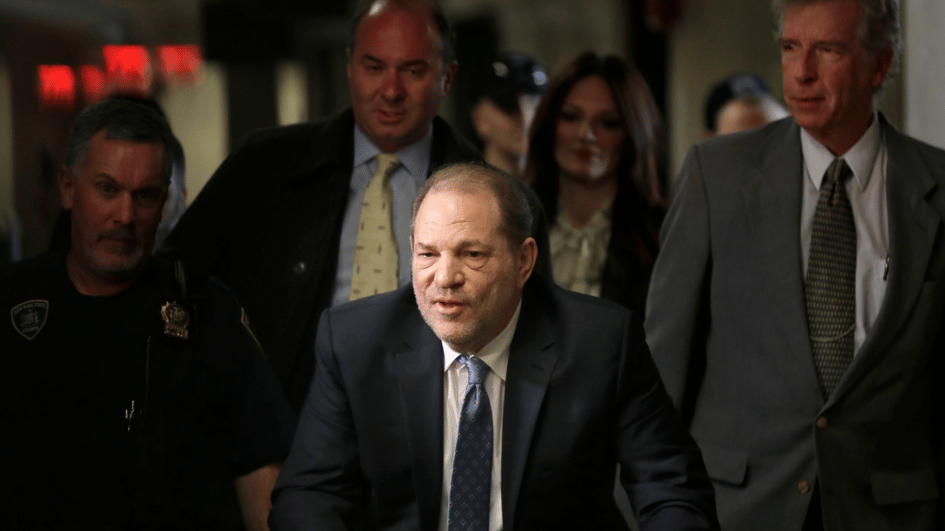Davutoğlu is surrounded by Erdoğan and his men
A first was marked on Jan. 19, as President Recep Tayyip Erdoğan convened the cabinet at the new presidential palace, signaling a de facto change in the country’s administrative system to the advantage of the elected head of the nation. Almost all pro-government newspapers chose to highlight the more than eight-hour-long cabinet meeting as the first step toward a presidential system in Turkey, with commentaries arguing that necessary legal changes will be carried out to this end in the aftermath of the upcoming parliamentary elections.
Ahead of the cabinet meeting, President Erdoğan and Prime Minister Ahmet Davutoğlu had a 80-minute tête-à-tête meeting, and the two then entered the hall together to greet the waiting ministers. A close up of Davutoğlu’s face clearly indicated his discomfort and nervousness, prompting rumors that his one-on-one talk with the president had not been very pleasant.
What makes this speculation quite important is a scoop reported by daily Hürriyet last week, citing a closed-door meeting between Erdoğan and the deputy parliamentary group leaders of the ruling Justice and Development Party (AKP). According to Hürriyet’s report, which was not denied by the presidency, Erdoğan complained about the disharmony between the presidency and the office of the prime ministry, strongly criticizing the “transparency package” that was recently announced by Davutoğlu in a bid to overcome the corruption claims associated with four former ministers who were not sent to the Supreme Council thanks to the majority votes of his AKP. It was never denied that Davutoğlu had asked these four colleagues to announce their own intention to be sent to the high court, but Erdoğan and his men are believed to be strongly opposed this idea, as it would jeopardize the president, who is also engulfed in corruption claims.
Although his public statements depict the Dec. 17, 2013 and Dec. 25, 2013 corruption probes as a plot against the AKP government and its ultimate leader, Erdoğan, Davutoğlu is at the same time trying not to incriminate himself for defending these four ministers. In a statement in late December, he made it clear that he would "cut off the arms" of those who engage in corruption, which was interpreted as signaling a disagreement with President Erdoğan. “We are determined to cut off the arms of whoever attempts to embezzle our national resources, even if it is our brother,” Davutoğlu had said.
However, there is more evidence showing that Davutoğlu is not going to be left alone in key decision-making processes. Erdoğan recently established his own team of 12 top advisers to "work in harmony" with the government, while his loyalists in the AKP will also continue to report on the prime minister’s performance to him.
One of these loyalists seems to be Deputy Prime Minister Yalçın Akdoğan, who is actively involved in the Kurdish peace process. Main opposition Republican People’s Party (CHP) Deputy Head Gürsel Tekin even claimed that Akdoğan raided Davutoğlu’s office a few days ago, in reaction to some of the latter's decisions. Along with Akdoğan, Interior Minister Efkan Ala, who is tasked with cracking down on the "parallel structure" of the Fethullah Gülen movement, is also a very close associate of Erdoğan. Deputy Prime Minister Numan Kurtulmuş similarly occupies an important seat, amid expectations that he will one day become prime minister.
Davutoğlu, on the other hand, is seemingly in alliance with Deputy Prime Minister Ali Babacan and Finance Minister Mehmet Şimşek, who are not in close contact with the president’s advisers. Babacan is among few men in the government who can calmly dare to challenge President Erdoğan, as we have seen over the discussions on interest rates. A day after Erdoğan grilled the Central Bank for not reducing interest rates, Babacan underlined once again that the Bank was independent and had all the means at its disposal to make an independent decision.
On the AKP front, things are no different. AKP Deputy Head Süleyman Soylu is heavily engaged with shaping the future of the AKP, making key appointments to its provincial organization in cooperation with Erdoğan. The effort is to build the AKP of the future under the full control of Erdoğan, who will therefore be able to exert all his pressure on the party's chairman and therefore prime minister. As a result, Erdoğan will have the last word on all parliamentary candidates, in order to secure an AKP group loyal to him, rather than the prime minister.
Only five months before the parliamentary elections, it is not realistic to expect a radical move from either the president or the prime minister. President Erdoğan will continue to act in line with his promise that he will be a "sweating, running president," while Davutoğlu will gear up for his campaign to get the utmost votes and thus prove his leadership. This is not going to be an easy process for Davutoğlu.











